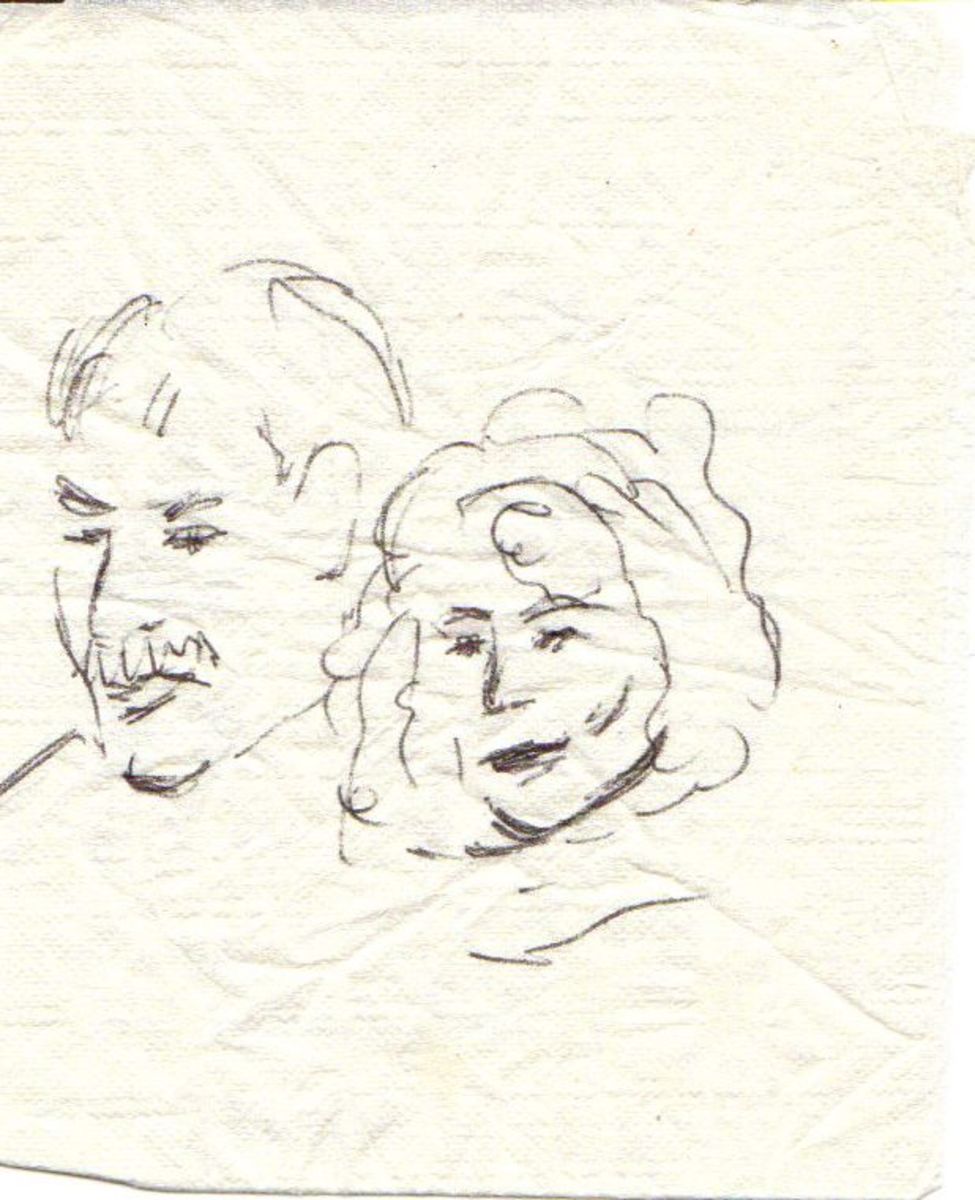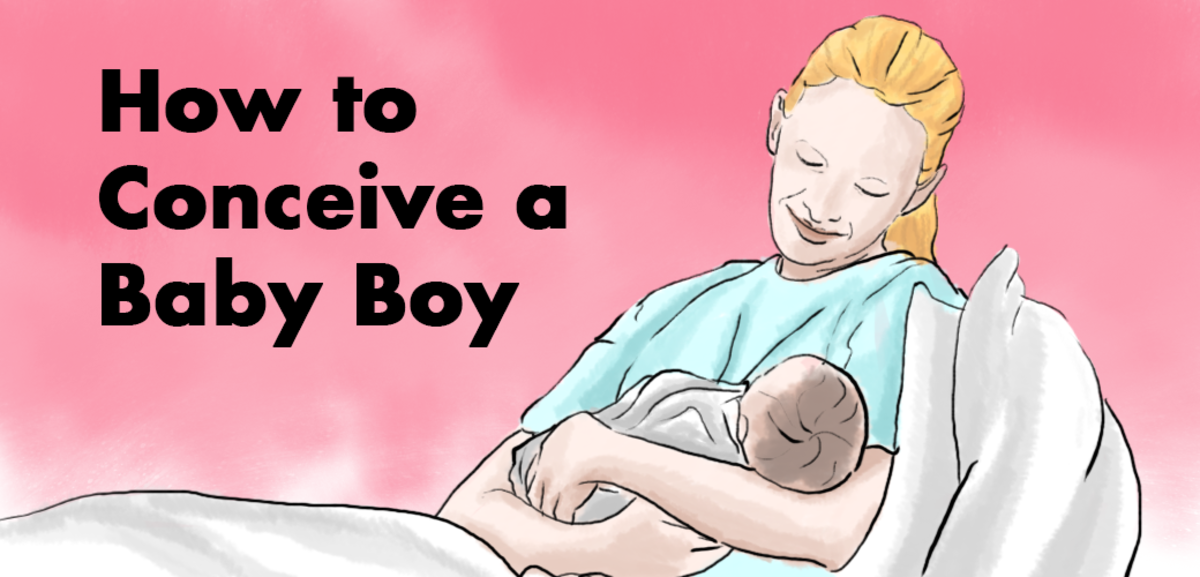Heavy Drinking In Women
HEAVY DRINKING IN WOMEN
Heavy Drinking In Women
Donna Lynn Crain
Tri-County Technical College
Abstract
Heavy drinking in women results from many issues including relationships and depression. This binge drinking could be avoided by seeking appropriate help. This help can come from friends, family or professional therapy.
Heavy Drinking In Women
Reasons women drink alcohol in excess range from depression, unhappiness, the need for stress relief, lack of support or friends, heavy drinking spouse, their social circle, and feelings of failure. The effects of heavy or binge drinking in women are depression, loss of friends, poor health, and feelings of loss and dependency (Wilke, 1994).
The interpersonal issues alcoholic females are with faced with include not only depression, but also fights or arguments with the people close to them (Wilke, 1994). Rather than fighting with friends and family, a woman should rely on friends and family. Perhaps if she could talk to people who care about her, she wouldn’t feel the need to drink excessively. This would mean being able to talk openly and honestly without fear of being judged or ridiculed. I believe that having trusted friends and family to talk to will help reduce depression, and the perceived need to binge drink.
In college aged Caucasian women, alcohol abuse is equal to that of college aged Caucasian men (Piane & Safer, 2008). These women tend to relieve stress with alcohol and feel more socially accepted with the use of heavy alcohol consumption (Piane & Safer, 2008). Young women drinking heavily at social functions can find their inhibitions lowered and end up with a sexually transmitted disease or an unwanted pregnancy. Both of these lead to a change in life plans. I would suggest that young women should monitor closely their alcohol consumption and develop a “buddy system” with their female friends to look out for each other.
Many women alcoholics have a past of damaging, painful or demeaning relationships with men (Wilke, 1994). Rather than turning to the bottle, a woman should seek professional help to be able to deal with these issues. Most religious organizations offer counseling at no charge. I know it is hard for a woman to go and pour out her heart and soul, but this would be far more helpful than drinking to kill the pain. Alcohol only kills the pain briefly, but kills the woman slowly.
Also, women tend to start drinking heavily when in a bad marriage, or if their spouse is a drug or alcohol abuser (Wilke, 1994). Again, turning to friends, a professional psychologist, or a religious based facility would help a woman get through the situation. She could learn how to get out of the relationship or how to deal with the spouse. Several organizations offer financial help to women in abusive relationships. Finding this help either through friends, a counselor, or a church group is far better than heavy drinking. I think taking the time and effort to find these organizations would be very helpful to a woman in a bad relationship.
Another cause of alcoholism in older women is the empty nest syndrome (Rundberg et al., 2008). This type of drinking is from depression or loneliness after a loss. Even having a grown child move out of the house leaves an empty feeling. The things a woman has been needed for seem suddenly gone. It is sometimes easy to forget that the child has been growing up and doing more things independent of the parents. Rather than drowning her sorrows in alcohol, this time can be used to go back to school, volunteer at the hospital or Red Cross, or pursue hobbies. Also, I suspect that a close relationship with friends or a spouse can help through this time also.
The loss of parents can also result in depression for a middle aged woman (Rundberg et al., 2008). Frequently, it is a daughter who has cared for her aging parents as their health declined. This can be a feeling of overwhelming grief and loss. Time now would be better spent reminiscing about the great times shared with parents rather than bellying up at the bar. Siblings should spend some time together and help keep each other strong. A few extra phone calls, visits, or an email can go a long way to help the depressed woman. When I find myself in this situation, I will call my brother and sister, and ask that they do the same for me.
Finally, an indication of depression is the frequency of hangovers (Paljärvi et al., 2009). Waking up with a hangover is terrible. When a female finds herself waking up more times than not with a hangover, it is time for psychological help. She is depressed and is using alcohol to get through life. Now is the time for friends and family to take notice and encourage her to find help to quit drinking and to relieve the depression. From my research, I will put forth extra effort to listen and be there for a friend or relative in need. I can also be more aware of personality changes in friends. Should I find myself depressed, I will ask for help.
References
Paljärvi, T., Koskenvuo, M., Poikolainen, K., Kauhanen, J., Sillanmäki, L., & Mäkel, P. (2009). Binge drinking and depressive symptoms: a 5-year population-based cohort study. Addiction, 104(7), 1168-1178. doi:10.1111/j.1360-0443.2009.02577.x.
Piane, G., & Safer, A. (2008). Drinking behaviors, expectancies and perceived social norms among diverse dollege women. Journal of Alcohol & Drug Education, 52(1), 67-79. Retrieved from Psychology and Behavioral Sciences Collection database.
Rundberg, J., Lidfeldt, J., Nerbrand, C., Samsioe, G., Romelsjö, A., & Öjehagen, A. (2008). Abstinence, occasional drinking and binge drinking in middle-aged women. The Women's Health in Lund Area (WHILA) Study. Nordic Journal of Psychiatry, 62(3), 186-191. doi:10.1080/08039480801959216.
Wilke, D. (1994). Women and alcoholism: how a male-as-norm bias affects research, assessment, and treatment. Health & Social Work, 19(1), 29-35. Retrieved from Psychology and Behavioral Sciences Collection database.









